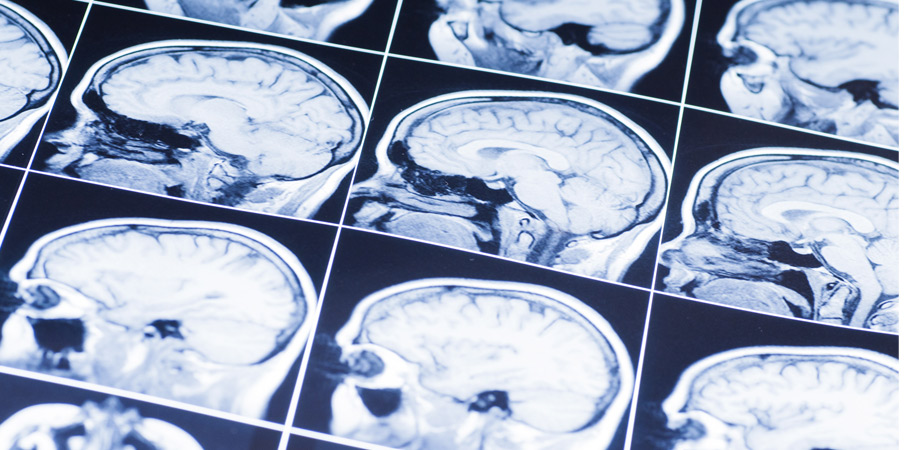Traumatic brain injury (TBI) may occur after a serious accident when there is trauma or a blow to the head. There are several different types of TBI, and seeking medical attention following any kind of accident is critical to your health. If you suffered a traumatic brain injury, you may wonder how your recovery will look as you begin to heal.
Traumatic Brain Injury Types
There are several different kinds of TBI that may occur following an accident with different degrees of severity. Some of the most common include the following:
● Concussion (can be mild or severe, sometimes involves the loss of consciousness)
● Contusion (brain becomes bruised during trauma)
● Diffuse axonal injury (the brain moves back and forth inside the skull causing nerve cells to stretch or shear)
● Traumatic subarachnoid hemorrhage (brain bleeding)
● Hematoma (formation of a blood clot following the rupture of a blood vessel)
All these TBIs can be either severe and life-threatening, and some victims will suffer more than others with these different types of brain injuries. Again, if you were involved in a serious accident, you should receive an immediate medical evaluation to determine if you have a TBI of any kind.
TBI Treatments
Of course, the treatments for a TBI will depend on the type and severity of the actual TBI. However, the following provides a brief overview of the types of treatments that may be required to heal and help a victim of TBI following a serious accident.
- Rest and Medication. In many cases, simple rest and over the counter medication will prove enough to resolve mild concussions and other minor trauma to the head and brain. However, it is important that you receive this advice from a medical professional and not self-diagnose.
- Surgery. In cases where there is either swelling or bleeding in the brain, surgery may be required. Additionally, some victims must remain hospitalized and monitored by specific neuroscience equipment.
- Extended Monitoring. When TBIs are severe, the blood flow and oxygen to the brain must be monitored consistently to determine the pressure in the area. A catheter may be placed in the skull, or a ventilator may be required to help those patients who have a serious TBI following an accident.
- Rehabilitation. After surgery, hospitalization, and monitoring, some patients must still receive extensive rehabilitative therapy. This therapy can be physical, occupational, vocational, or cognitive. In many cases, victims of TBI also need mental health services as many develop depression and anxiety following a catastrophic accident.
Contact a Brain Injury Attorney
TBIs can result in life-long and permanent medical conditions. Although some people may recover quickly from a TBI, others face a life of therapy and treatments. If you were involved in an accident and suffered a traumatic brain injury, contact The Jewels J. Jin Law Firm at 714-619-9311 or online today for your free consultation and to help you determine your next steps to receive the compensation you deserve.

